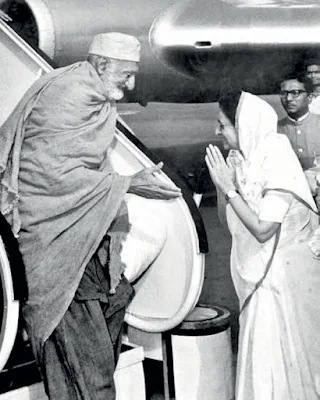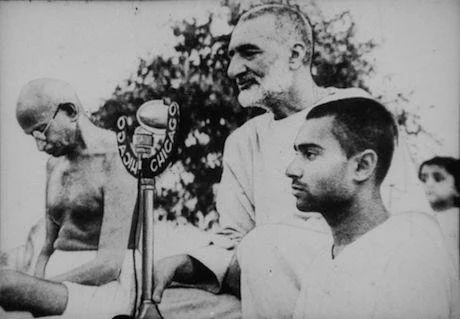In a world increasingly fraught with conflict and the looming threat of war, those who champion the cause of peace find themselves in challenging times. Yet, amidst this turmoil, it becomes vital to reflect on the individuals whose unwavering commitment to peace with justice serves as a beacon of hope. One such luminary is Khan Abdul Ghaffar Khan, affectionately known as Badshah Khan or “King of the People.”
While his title implies authority, his reign was one of love and compassion rather than dominance. He is remembered for his profound impact on non-violent resistance and his relentless pursuit of justice and peace. Born among the Pathans and Pakhtoons near the border of Pakistan and Afghanistan, Badshah Khan dedicated himself to uplift these communities, often labeled as violent and revengeful.
Through tireless efforts, he advocated love and peace, cultivating a cadre of peaceful resisters who bravely opposed British colonial rule without resorting to violence. Their moral fortitude was so formidable that soldiers often hesitated to fire upon these unarmed freedom fighters.
Mahatma Gandhi, deeply moved by this aspect of the freedom struggle, regarded visiting Badshah Khan’s followers as a spiritual journey. Though Badshah Khan looked up to Gandhi as a mentor, Gandhi also found inspiration in his dedication to peace.
The legacy of the Indian freedom movement transcends national borders, carrying significant implications for all of South Asia. Among its many triumphs was the consensus reached by powerful leaders, representing diverse faiths, on the essential nature of inter-faith harmony. Figures such as Gandhi, Badshah Khan, Jawaharlal Nehru, and Maulana Azad were instrumental in promoting this vital cause, creating a much-needed foundation for stability and prosperity in the region.
While some leaders maintained a secular position and distanced themselves from religion, Gandhi recognized the importance of spirituality in fostering social objectives. He emphasized Hindu-Muslim unity as crucial for national progress, with Badshah Khan standing as a key ally in this endeavor. Together, they established the Congress party as an inclusive political entity, fortifying connections between religious communities.
Badshah Khan, known as the Frontier Gandhi, led the Khudai Khidmatgars (Servants of God), composed predominantly of Pashtuns. Despite societal perceptions of violence, these volunteers epitomized the essence of non-violent resistance, illustrating extraordinary courage in their fight against colonial injustices. Their commitment to safeguard minorities, such as Hindus and Sikhs, was emblematic of their harmonious principles.

Throughout the freedom struggle, instances of inter-faith cooperation flourished, with leaders like Maulana Azad articulating Islamic interpretations that echoed the values of peace and unity.
However, colonial powers perceived this solidarity as a threat and sought to promote sectarian leaders, exacerbating religious divisions that ultimately led to the tragic partition of India.
Despite his heartbreak over the ensuing violence, Gandhi relentlessly pursued peace, navigating conflict zones and advocating for harmony until his assassination in 1948. His commitment to inter-faith understanding, cultivated through dialogues on spirituality and mutual respect, remained influential. Although Gandhi’s vision suffered disruption due to external forces, it did not diminish the impact of his lifelong dedication to promoting peace. He urged individuals to view religion as a path to understanding rather than a source of division.
Badshah Khan embodied Gandhi’s teachings long after the Mahatma’s death, continuing to inspire millions with his messages of peace and social justice, even under challenging conditions in Pakistan. The invitation from Indian Prime Minister Indira Gandhi to address Parliament in his later years reflected the nation’s enduring appreciation for his contributions. His speeches upheld the principles of inter-faith harmony alongside social justice, prioritizing kindness over bitterness, even after years of imprisonment.
The legacy of such visionary leaders calls upon the current generation to diligently work toward a South Asia founded on the ideals of inter-faith harmony and socio-economic justice.
*Honorary convener of the Campaign to Save Earth Now. Books: ‘Planet in Peril’, ‘Protecting Earth for Children’, and ‘When the Two Streams Met’ which discusses the freedom movement
Courtesy: CounterView

